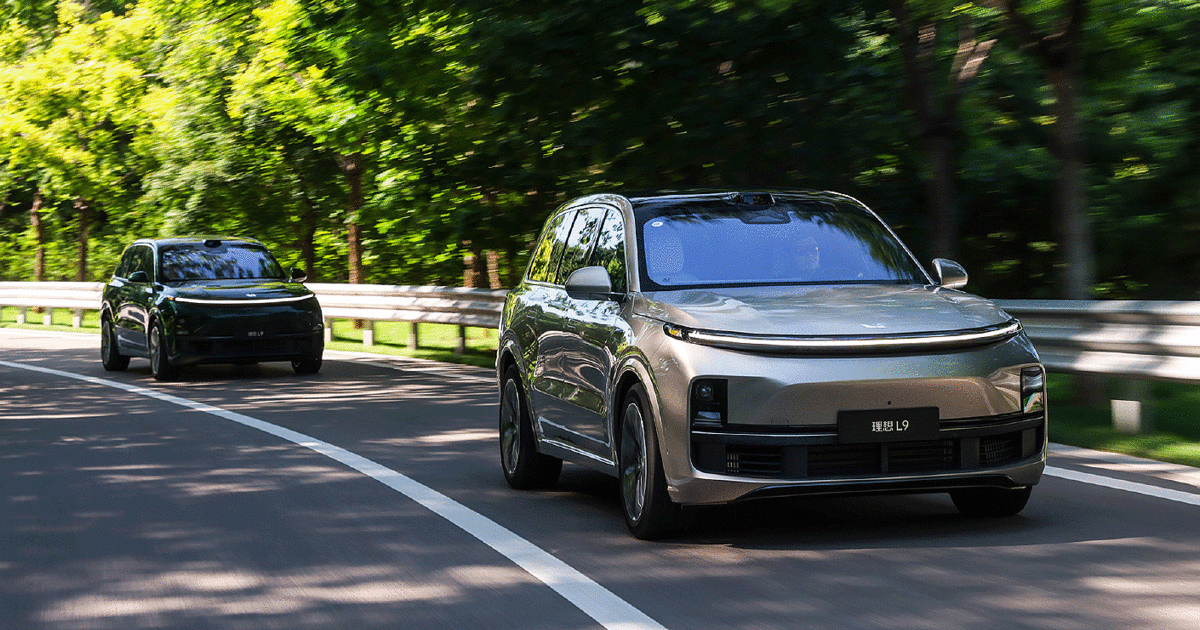
China’s electric-vehicle makers have discovered a new fan base: camping enthusiasts who’ve embraced the great outdoors in their own backyard as the nation’s strict COVID Zero measures make international travel off-limits.
Geely, the automaker whose parent controls Volvo Cars and Polestar, last week unveiled a new-energy pickup truck brand, called Radar. Its first model, a fully electric beast that can run more than 600 kilometers (373 miles) on a charge, should be available in the fourth quarter.
“Chinese car owners have added outdoors settings into their routine scenarios, apart from home and work,” said Ling Shiquan, Radar’s newly appointed CEO, adding that the pandemic has pushed people in China to focus on a more healthy lifestyle.
Draconian measures to stop the virus from spreading have kept huge swaths of the population, including millions of people in Shanghai, sealed inside their homes or workplaces for weeks or even months on end. People subject to multiple rounds of mass testing and unpredictable restrictions on cross-provincial travel have become anxious about long trips on public transport.
As a result, camping and other outdoors activities have suddenly become trendy in China, the world’s biggest EV market. Bookings for camping trips and related travel products like campsite tickets tripled for this year’s Labor Day holiday versus a year ago, according to data from travel booking platform Qunar.com. Online sales of canopies, outdoor coffee machines and paddleboards have also soared.
The second model from Beijing-based Li Auto — the L9, a range-extended electric crossover — seats six and is designed for families. It can discharge 3.5 kilowatts of power and comes with an optional built-in fridge.
Rival Nio, which has long marketed itself as a premium carmaker catering to middle-class consumers, introduced an optional electric tow bar for the just-launched ES7, billing it as one of the first certified passenger vehicles in China able to tow a caravan or trailer.
“Electric vehicles have an advantage by nature to power up not only cars but other gadgets,” said Yale Zhang, managing director of Shanghai-based consultancy Autoforesight. “Without carrying a heavy power pack, you can easily charge a hotpot with your car battery.”
And unlike in the U.S., where there’s a mature camping market complete with well-established campsites, new-to-camping fans in China must rely more on the vehicle battery, Zhang said.
After missing the boat for karaoke aficionados in China, legacy global automakers might want to think about playing catch-up. Chinese manufacturers are already starting to sell branded camping merchandise like folding chairs and tents.
“Chinese customers right now are spoiled,” said Kevin Shen, co-founder and president of Li Auto. “If you don’t come here, understand the customer and design the product for the pickiest ones, I can’t imagine just replicating something and winning.”